What would Switzerland gain from a seat on the UN Security Council?
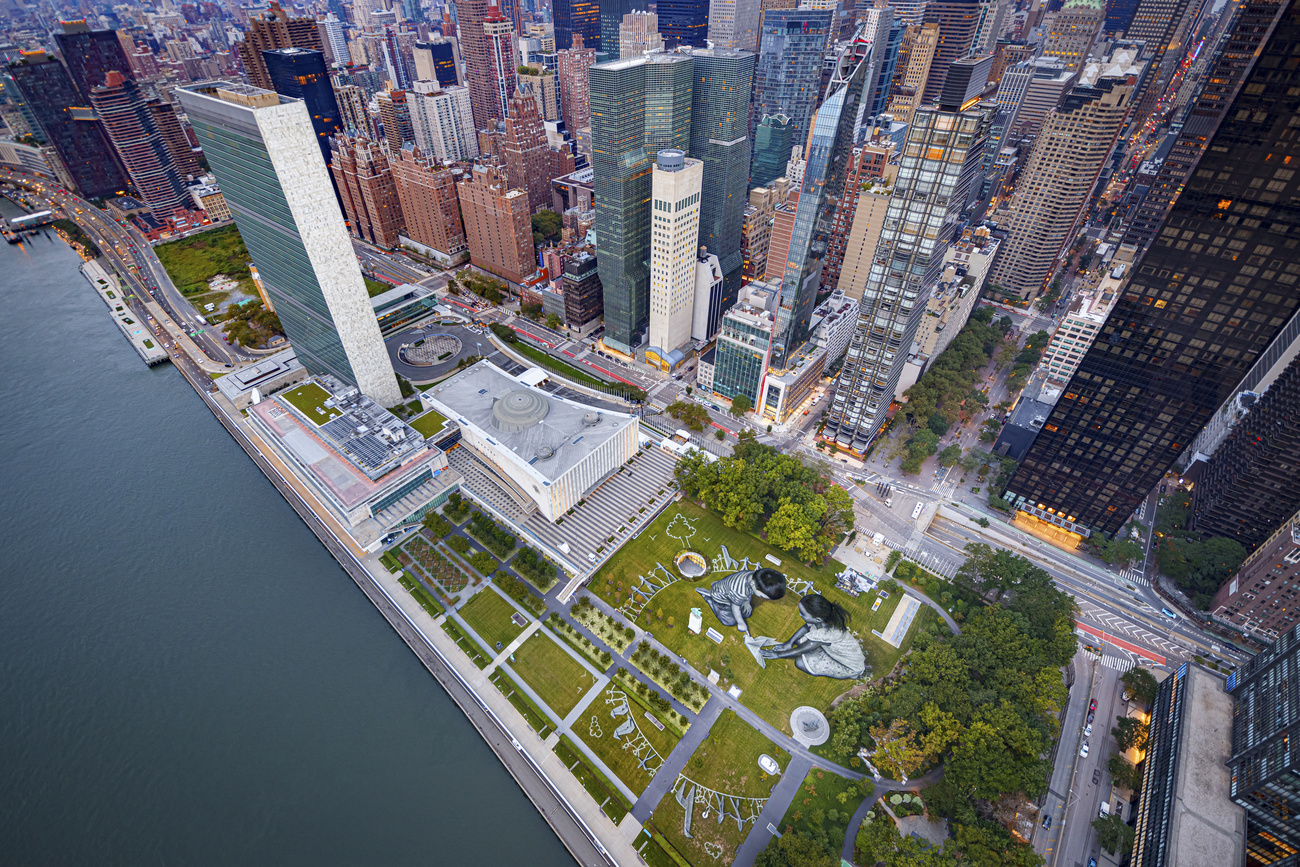
Switzerland is a candidate for a non-permanent seat on the United Nations Security Council. The vote in June 2022 is seen as a formality. Why does Switzerland want to mix with the big powers?
“But I don’t wanna be Switzerland!” You may remember how, in the comedy series that bears his name, Jerry Seinfeld resistedExternal link his neighbour’s request to use his apartment as a neutral place to host an interrupted game of “Risk.”
These words could just as easily refer to the Alpine nation itself, which also does not appear to want to be Switzerland anymore – in other words, the epitome of state neutrality – and would prefer to take part in global politics instead.
By seeking a two-year non-permanent seat on the UN Security Council, the country is sending a signal that it wants to do more than just make hefty financial contributions to the world body. It would like to have a say, too. The country has set out its case in the video below.
A seat on the Security Council offers tangible benefits but also carries some hidden risks, according to critics and supporters of Swiss membership.
Forging links with great powers
Micheline Calmy-Rey, then the Swiss president and foreign minister, launched Switzerland’s candidacy for a Security Council seat back in 2011. In an interview with SWI swissinfo.ch, she explained that Switzerland could strengthen its networks as a member of the Council, and thus build its influence on an international level.
However, closer contact with other Security Council members has a downside. The first Swiss UN ambassador, Jenö Staehelin, told the Neue Zürcher Zeitung (NZZ) newspaper that he knows from personal experience that there is a considerable risk other states will try to apply pressure. Switzerland could cave under such pressure and stray from its principles.
“A seat on the Security Council is risky unless it has very broad domestic support,” said Staehelin.
Markus Heiniger, who for many years worked for the Federal Department of Foreign Affairs and is today involved with a civil society network advocating Switzerland’s presence at the Security Council, says states exerting pressure at the UN, such as at the Human Rights Council, is already a reality for Switzerland.
For him, as for Staehelin, the decisive factor is cementing Switzerland’s positions domestically. Major domestic political controversies could weaken Switzerland on the Security Council.
Angela Müller, the vice-president of GSUN (Switzerland-UN Society), takes the same view. GSUN is a civil society organisation partly financed by the government that is committed to strengthening relations between Switzerland and the UN. She says the foreign affairs ministry must inform the population transparently, so that it understands Switzerland’s actions on the Security Council. Otherwise there is a risk that suddenly a single negotiating position or vote in Switzerland could seize the spotlight and become sensationalised or instrumentalised.
Setting the agenda
According to Müller, a seat on the Security Council enables the holder to take substantive positions and set priorities.
“Switzerland can make its voice heard in negotiations and votes and would take the presidency of the council once or twice, where it can set priorities,” he said.
Even Jenö Staehelin, who is critical of Swiss membership in the Security Council, conceded to the NZZ that Council members have more influence than ordinary UN members.
But other critics, such as the former ambassador Paul Widmer, argueExternal link that the five veto powers alone are in control at the Security Council. Anyone who doesn’t have a permanent seat is almost irrelevant. From this perspective, Switzerland is exposing itself to foreign and domestic critics without winning any influence.
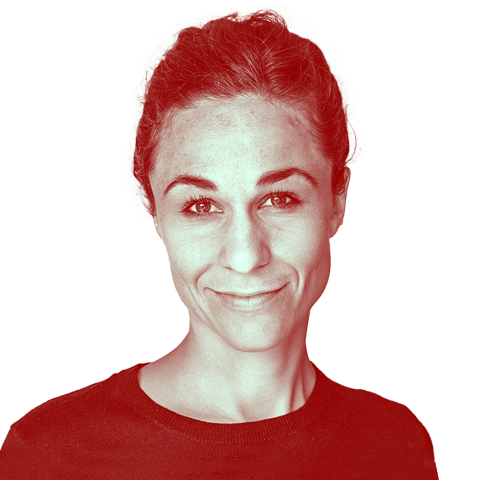
More
Too small to succeed? Switzerland’s candidacy for the UN Security Council
Heiniger sees it differently: “The non-permanent members of the Security Council can absolutely achieve something, especially if they join forces.” He notes for example that it was thanks to Sweden, and later Ireland and Norway, that the Council succeeded in securing access in Syria for humanitarian aid organisations. The elected Security Council members also ensured that, despite tensions between China and the United States, the Council could pass a draft resolution on the Covid-19 pandemic in April 2020.
Strengthening International Geneva
Switzerland differs from most other non-permanent Security Council members on one point: it is home to what’s known as International Geneva.
Geneva was the headquarters of the League of Nations and since 1966 it has hosted the European office of the United Nations. This has attracted other international organisations and diplomatic conferences to the French-speaking city, which has developed into a centre for multilateralism and global governance.
But increasingly, Geneva is competing with other host cities such as Vienna, Helsinki and Oslo.
Calmy-Rey says that a Swiss seat on the Security Council will strengthen International Geneva. Multilateralism is on the wane, she says. On the Security Council, Switzerland could push for greater multilateralism, which is important for Geneva, she says.
According to Angela Müller, Switzerland will try to ensure that International Geneva benefits from a seat on the Security Council too.
“As a member of the Security Council, Switzerland can work to strengthen the axis between the politically oriented UN centre in New York and the more operative centre in Geneva,” she says. Geneva will certainly profit from this, she says – even if this means only a limited reduction in the pressure the city faces.
Markus Heiniger also says that a scenic location on the lake in neutral Switzerland is not enough on its own for Geneva to succeed in the international competition for host cities. “We need expertise in specific areas,” he says. “If Switzerland follows an active peace policy, then it is more likely that Switzerland will be selected for peace talks.”
A role as mediator
In Calmy-Rey’s view, a seat on the Security Council would offer Switzerland a chance to play its role as mediator on the international stage and mediate between the big powers, the permanent members of the Security Council. Swiss neutrality is not a hindrance to this. Because the Security Council acts on behalf of the international community, neutrality does not conflict with membership, says the former president.
The government examined this very question in a reportExternal link, and also reached the conclusion that accepting a seat was “completely reconcilable” with Swiss neutrality.
Neutrality is, however, not just a legal concept – it also concerns Switzerland’s image. According to the former ambassador Paul Widmer, Switzerland is putting its hallmark – neutrality – at risk, as he explained to the Foreign PolicyExternal link journal and in a guest commentary in the NZZExternal link. With its consistent policy of neutrality, Switzerland has acquired a lot of credibility in diplomacy. Its neutrality is the reason why many states grant Switzerland protecting power mandates or make use of its mediation services.
Widmer believes that Switzerland is bound to lose more than it can gain through a seat on the Security Council.
Heiniger, however, says it is merely theoretical that Switzerland’s capacity to mediate would suffer with membership on the Security Council. On the contrary, a seat should create more opportunities to have a greater impact, for example in a peace process, and to gain a particular profile through that.
Influence at the cost of democracy?
Switzerland is keen to gain diplomatic clout with a seat on the Security Council. But democracy will pay the price when Council members have to take difficult decisions, such as imposing sanctions or authorising military interventions. The federal government has indicated that it alone will decide the Swiss position in these situations. Parliament and voters will not have a say.
For Heiniger, this is nothing new: “Foreign policy has long been almost the exclusive preserve of the foreign ministry.” If people are not aware of this, that is the fault of the ministry.
The government has announcedExternal link plans to regularly inform parliament, the media and the people about Switzerland’s activities on the Security Council. SWI swissinfo.ch will be examining further the question of democratic legitimacy in a special series on Switzerland’s membership in the UN Security Council.
The UN Security Council and Switzerland’s candidacy
The Security Council is an organ of the United Nations. It consists of five permanent members (the US, Russia, China, France and Great Britain) and ten non-permanent members. The non-permanent members are elected by the General Assembly for a two-year stint.
For historical reasons, the five permanent members of the Security Council – the victors of World War II – have the right of veto. They can block any decision. The non-permanent members therefore have an important role as mediating voices to resolve deadlocks.
According to the UN charter, the Security Council has primary responsibility for maintaining world peace. It can impose sanctions or approve military interventions if international security is threatened. Its decisions are binding under international law for all UN members – in contrast to decisions in the General Assembly.
Switzerland is applying for a non-permanent seat on the Security Council for 2023-2024 under the slogan “A plus for peace.” The government approved and submitted the candidacy in 2011 after lengthy consultations with parliament.
The elections are taking place in New York in June 2022. The electing body is the UN General Assembly, comprising 193 countries. Switzerland’s chances are good because the only other competitor for the two seats for Western nations is Malta.
(Translated from German by Catherine Hickley)
Translated from German by Catherine Hickley

In compliance with the JTI standards
More: SWI swissinfo.ch certified by the Journalism Trust Initiative










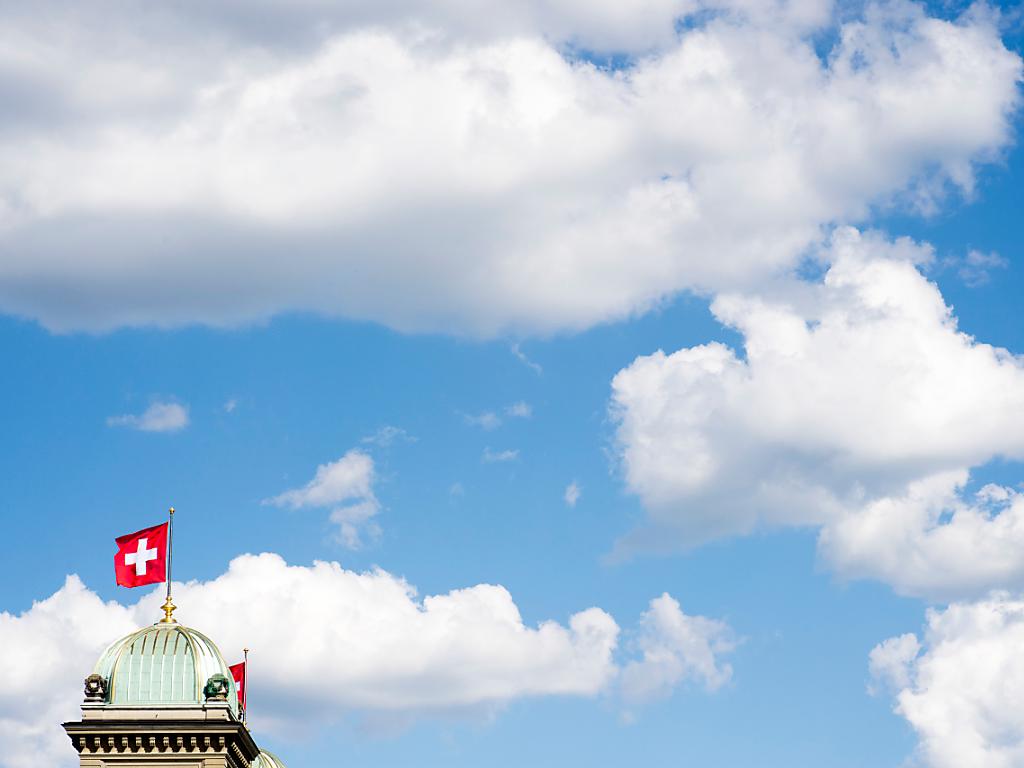
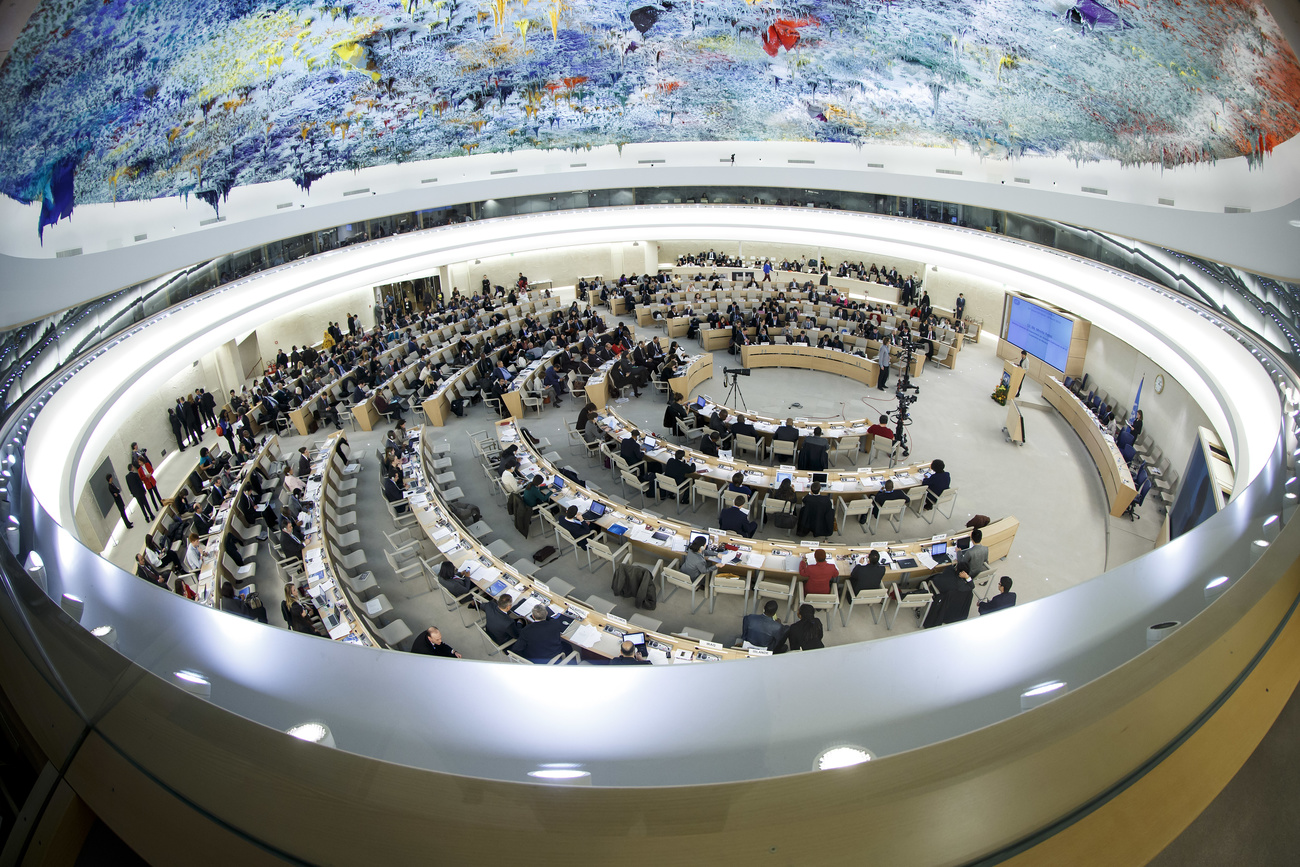
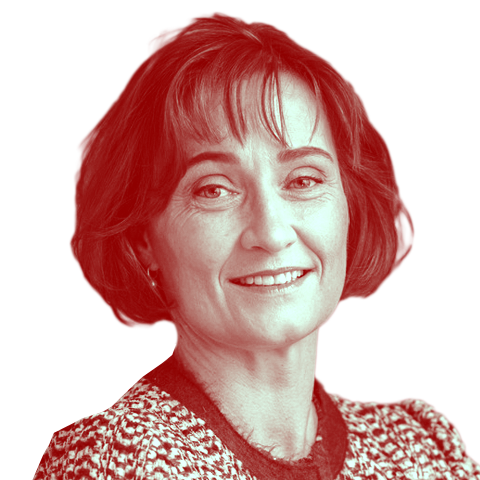
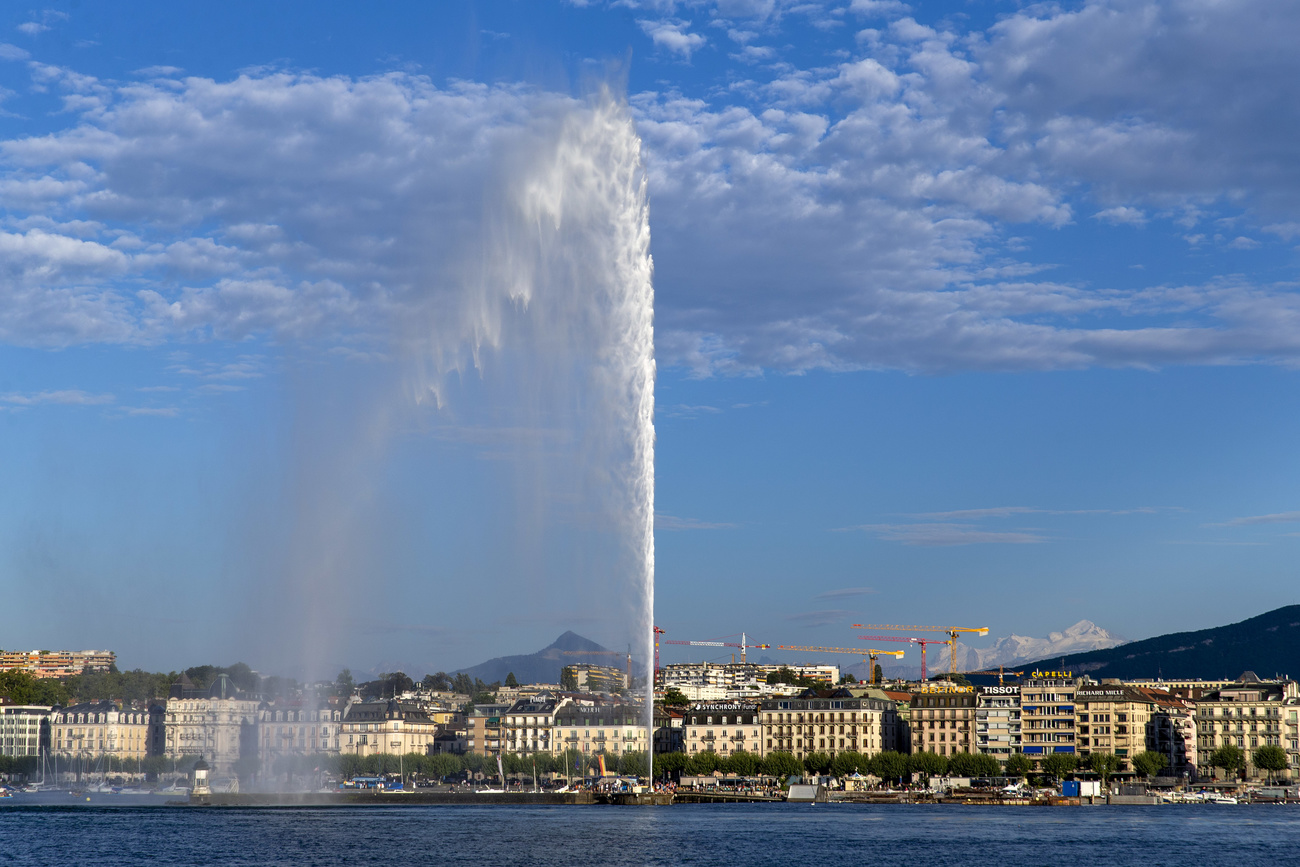
You can find an overview of ongoing debates with our journalists here . Please join us!
If you want to start a conversation about a topic raised in this article or want to report factual errors, email us at english@swissinfo.ch.